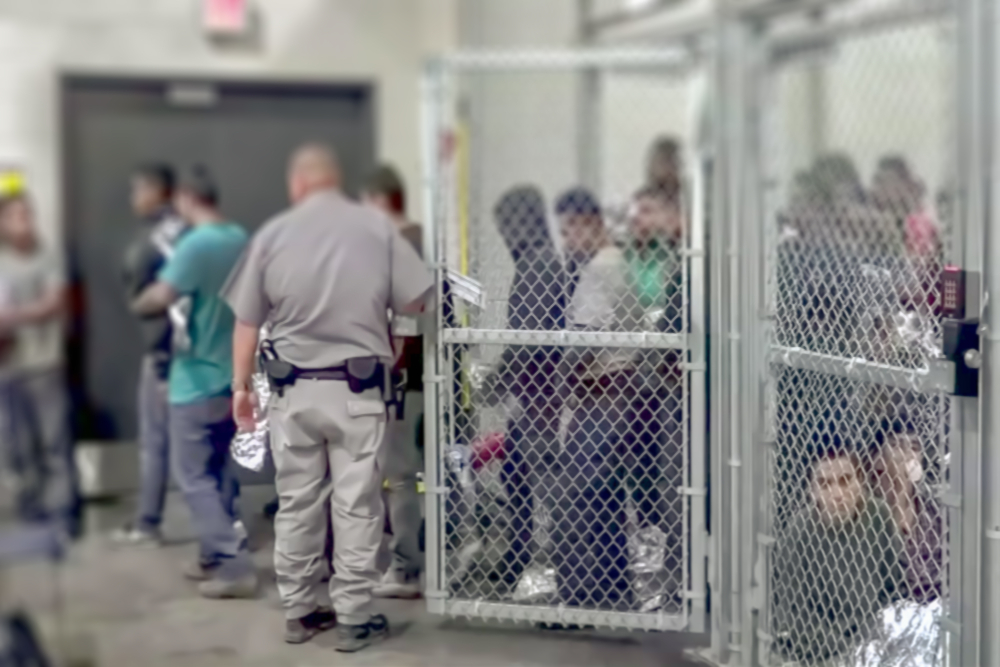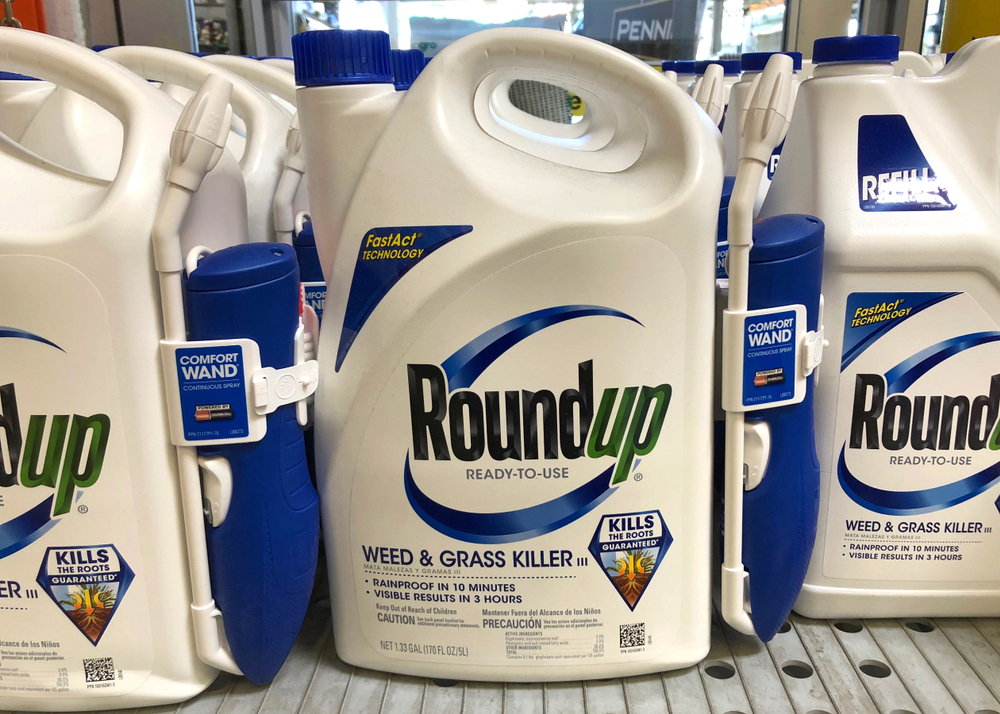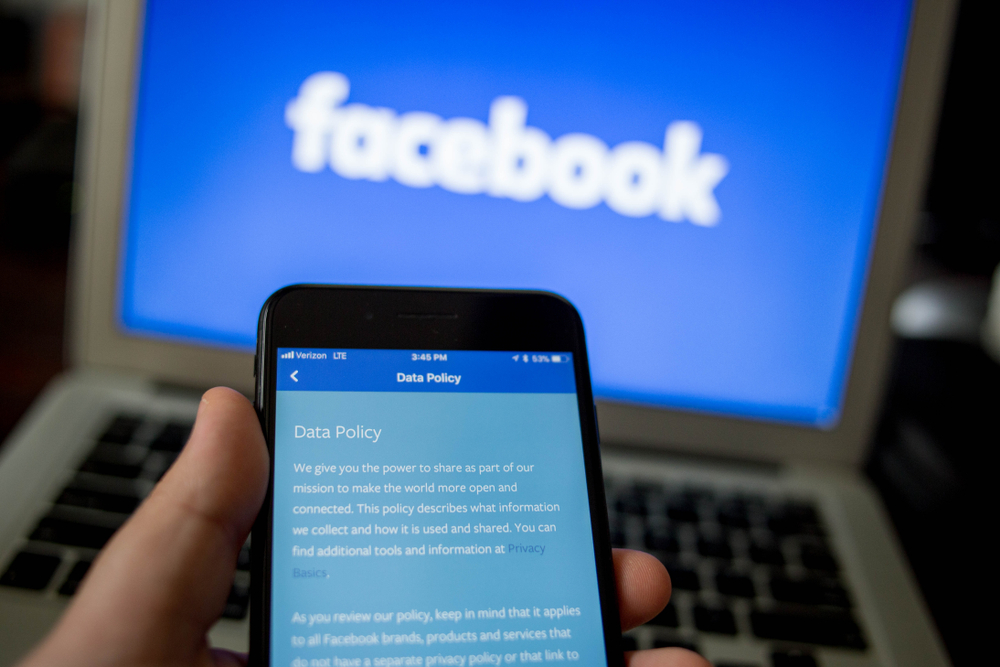While Congress works to root out CARES Act fraud connected to billions in business loans awarded during the COVID-19 crisis, small business owners worry about whether they followed the rules or will face the feds’ wrath if they didn’t.
The stakes are high, with grand juries convening and investigations heating up. They're looking into which businesses may have committed fraud by taking the Paycheck Protection Program loans under false pretenses.
The House Select Subcommittee on the Coronavirus Crisis recently announced it believes there is more than $1 billion in emergency coronavirus aid that went to companies receiving multiple PPP loans in violation of the program’s rules.
RELATED: Unemployment rules get stricter, choices harder
RELATED: Kodak loan investigation by SEC is all about timing
Congressional investigators have identified areas of potential waste and fraud in the PPP. The program was part of the $2 trillion Coronavirus Aid, Relief, and Economic Security, or CARES Act. Congress approved the act to help small businesses continue to pay employees and for other operational expenses during mandatory stay-at-home orders.
The program offered small and medium businesses up to $10 million in emergency loans. They do not have to be repaid if documentation shows the money was used properly. The program loaned out $521 billion to 4.9 million small businesses.
Treasury Secretary Steve Mnuchin said the latest analysis suggests PPP funds may have been diverted from businesses that really needed them to “ineligible businesses or even to criminals.”
Smaller loans a concern
But on Main Street America, the trepidation is, in many cases, over loans of less than $1 million. Still, the concern over whether a company inadvertently or intentionally committed CARES Act fraud is on the minds of many, said Syracuse lawyer Jeff Scheer, with the firm of Bond, Schoeneck & King. He has some clients who returned the money, fearing they would be investigated for using the funds improperly.
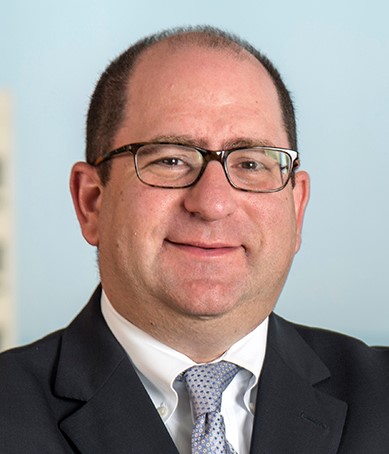
“I have told a lot of people this (PPP) was written on the back of an envelope,’’ he said. “They had great intentions, but needed a lot of help.”
The rules changed frequently in the early months, with the Small Business Administration, which administered the PPP, issuing “Frequently Asked Questions” notifications by the dozens, he said.
“One of the FAQs that came down looked at the necessity for the loans. Initially, the CARES Act said, ‘apply for the loan regardless of whether you need the money or not.’ Then, it said ‘we will look at if you really needed the loan or not.’ When that came down, I spent a lot of time on the phone with clients trying to gauge what ‘necessity’ meant,” Scheer said. “That was the first time in the process I pulled in one of my litigation partners and talked about potential claims under the False Claims Act.”
False Claims Act dates back to Civil War
President Abraham Lincoln signed the The False Claims Act into law in 1863. As the Civil War raged it became clear many suppliers were providing substandard goods and services to the troops. To counter that, Congress passed the FCA to target fraud in government contracting and against the government.
The FAQ that concerned Scheer was No. 31, which came out April 23.
“By then, you had your first round of borrowers who already had their money. At that point, the SBA and Treasury said do an analysis and if you don’t really need the money, you can return it with no questions asked,” Scheer said. “I had conversations for days about whether a client could obtain credit elsewhere and what that meant or whether they really needed the loan.” The difference, he said, was getting credit at 6% or getting what amounted to a grant from the federal government.
At that time, he said, some of his clients “felt like the world was going to end.”
The whole idea, initially, was to get the money out as quickly as possible, said Braden Perry, a former federal enforcement attorney and a regulatory and government investigations lawyer with Kansas City-based Kennyhertz Perry.
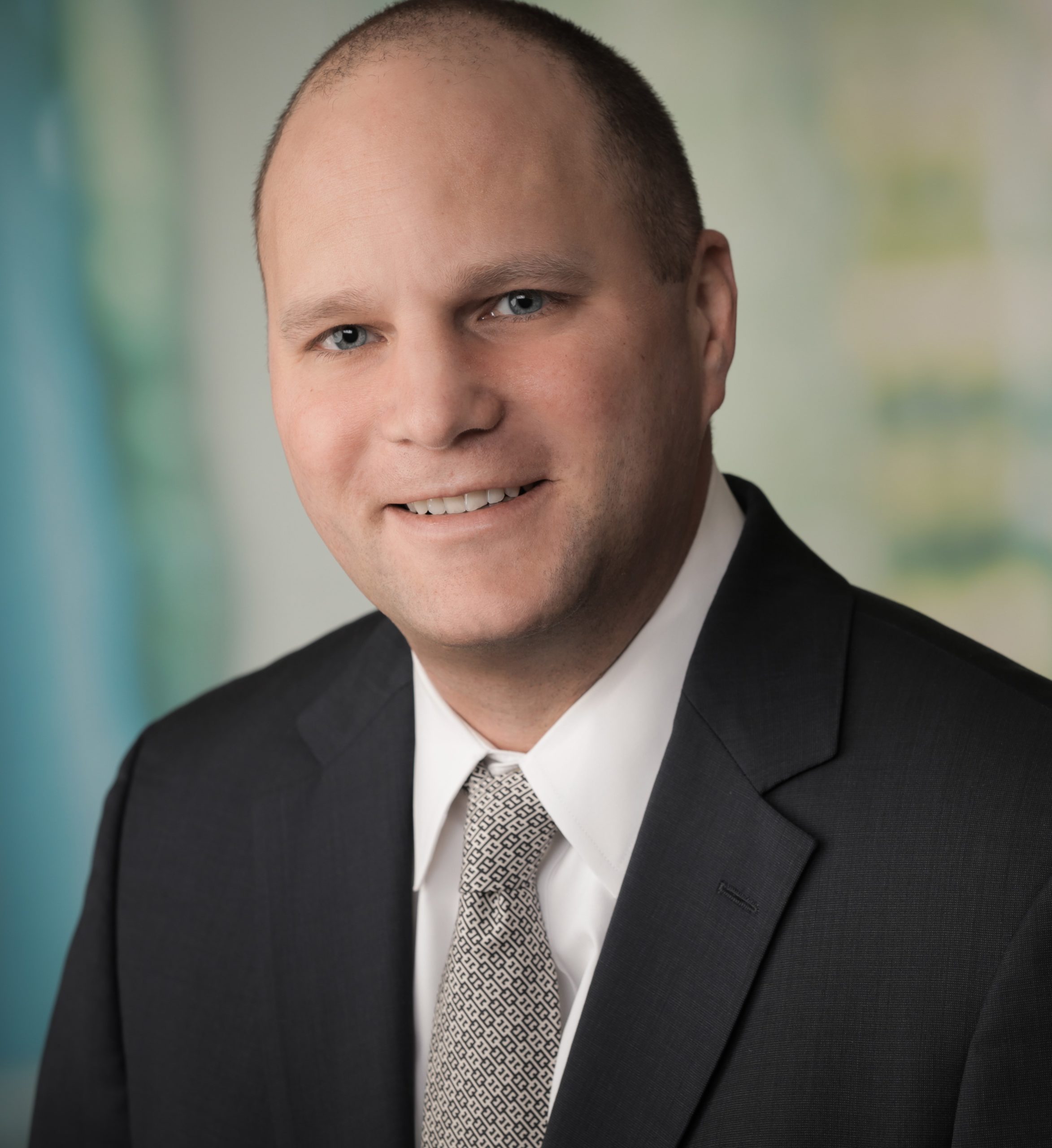
“Under the SBA’s program to assist these businesses in staying afloat, that is what the majority of businesses were looking for, money to do that,’’ Perry said. “With very fluid rules and regulations at the time and ongoing changes to the rules, we found that a lot of businesses didn’t really know if they followed what ended up being the rules. We had trouble keeping up with the changes.”
Generally, Perry said if you misstated something intentionally on a loan application, it doesn’t matter the extent of those misstatements. “It is bank fraud if you intended to do that.”
So, for example, if a company had 20 employees, but claimed 25, it does not just get to correct the application for those five employees. It needs to return the entire loan, Perry said.
“The fact you misstated, you should return the entire amount of it or face the consequences.”
Process wasn't simple
It was confusing, Perry said.
“We’ve had a number of clients that have come in wanting to know the best way, if they misstated something, to proceed,’’ he said. “It became clear pretty quickly the best course of action would be to return the money as soon as possible and claim you didn’t know rules and regulations and hope you don’t get contacted by authorities down the road.”
Perry said he is not aware of any clients who returned the PPP finding themselves under investigation for CARES Act fraud.
As to what Congress has investigated so far, according to NBC News, it found that more than 600 loans, for nearly $100 million, went to companies that were either barred or suspended from doing business with the federal government. Other loans, some 350 worth nearly $200 million, went to government contractors previously flagged by the federal government for performance or integrity issues. More than 11,000 borrowers had red flags for issues like mismatched addresses.
“The subcommittee called on the Treasury Department to adopt a ‘risk-based’ audit plan to stop further waste,” NBC reported. “It said that the current plan to audit only loans over $2 million ‘is plainly insufficient’ and that ‘fraudsters are well aware of this limited audit plan and the limited program oversight.’"
For everyone else, it is a waiting game, both Scheer and Perry said. Neither has had a client investigated to date for misrepresenting claims in their PPP application.







